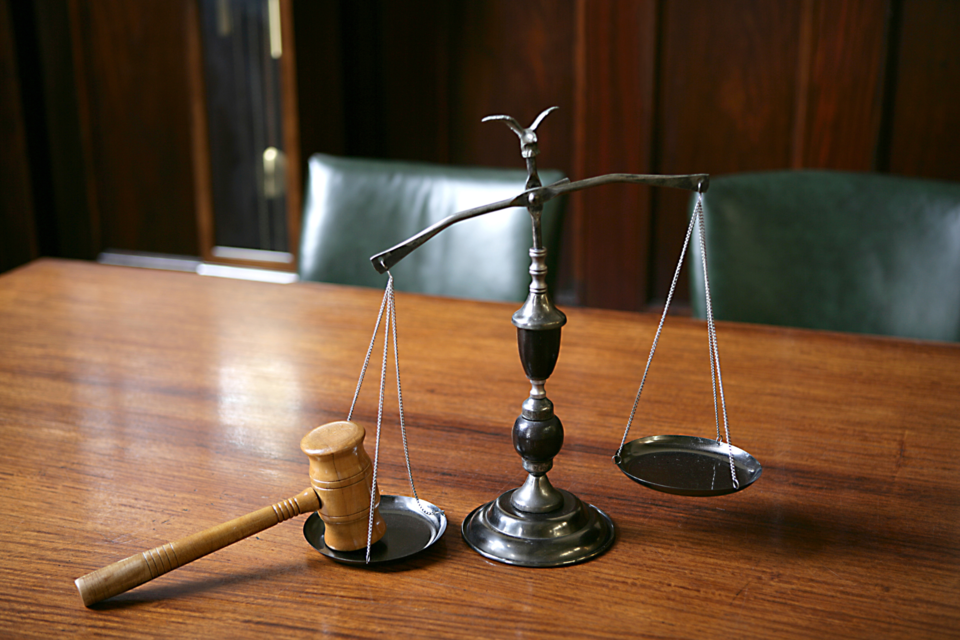Georgia will join other states and U.S. territories in a settlement that extracts $7.4 billion from Purdue Pharma and its owners, the Sackler family, as recompense for their role in the opioid crisis that ravaged the country for a generation.
“For years, the Sackler family profited off other people’s pain – destroying lives and families in Georgia and throughout the country,” Georgia Attorney General Chris Carr said in announcing the decision to join the settlement. “While nothing can undo the harm caused, this settlement will provide our state with significant resources to support those struggling with addiction and Georgians in recovery."
Georgia is positioned to receive $126 million for addiction treatment, prevention, and recovery services, Carr's office said Monday, adding that local governments will be asked to join the settlement contingent upon bankruptcy proceedings.
The settlement would end the Sackler family's control of Purdue and their ability to sell opioids in the United States, Carr's office said. It comes after the U.S. Supreme Court overturned a prior multistate settlement last year.
The Sacklers and Purdue would make installment payments, with the family contributing $1.5 billion in the first year and the company paying $900 million, the annual amounts declining thereafter.
If approved, the settlement would also open to the public more than 30 million documents related to the opioid business of Purdue and the Sacklers, according to the Pennsylvania attorney general's office.
The settlement includes five U.S. territories and Washington, D.C., plus all states except Oklahoma, which, according to Reuters and other reports, had already reached its own $270 million settlement in 2019.




